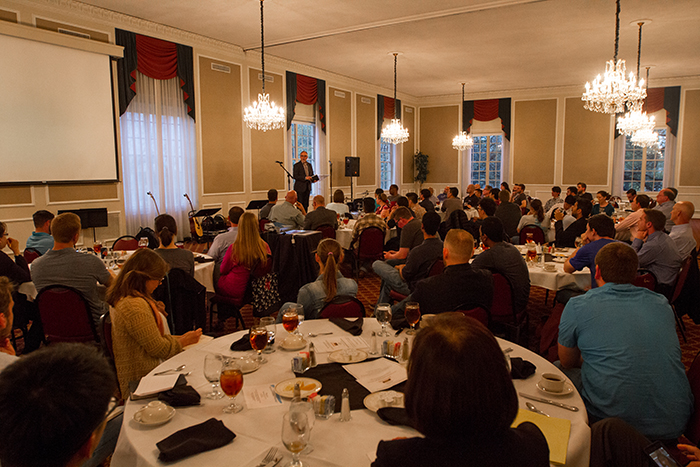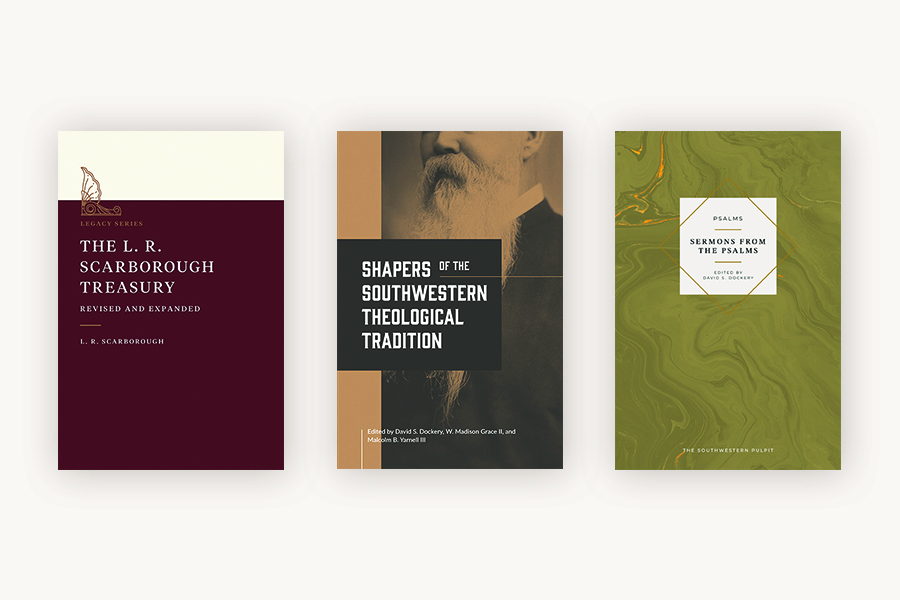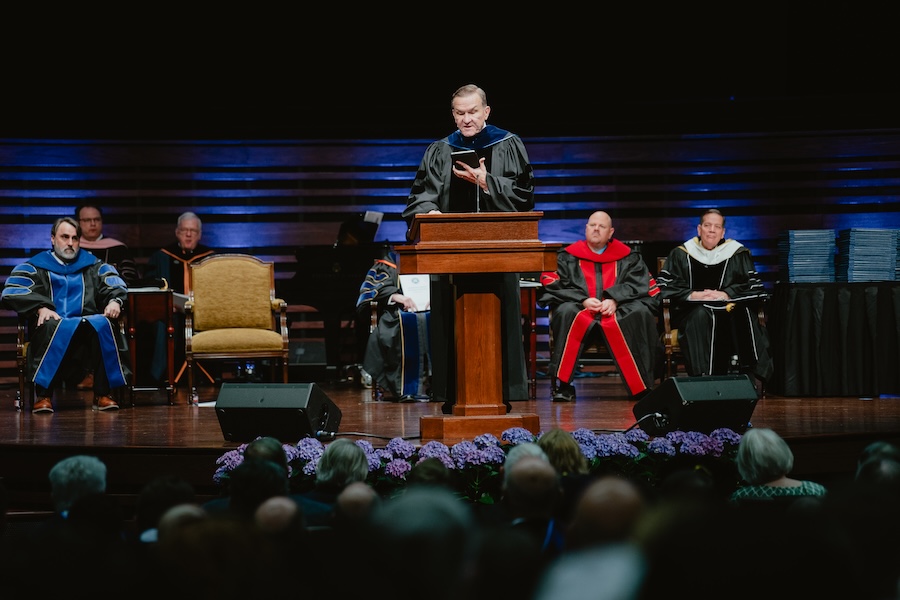Need for national church planting emphasized during annual emphasis

“There’s a church on every corner. Why do we need church planting in North America?”
Jim Richards, executive director of the Southern Baptists of Texas Convention (SBTC), noted that this is a common response to the notion of planting churches in the United States. Preaching in Southwestern Seminary’s chapel service, March 29, Richards pointed out, however, that despite the country’s Christian influence throughout its history, the culture today has become largely secularized and even, to an extent, anti-Christian.
A similar response is given regarding church planting in Texas. “Texas used to be the buckle on the Bible Belt,” Richards said. “But in our state, there are 27 million people, and 18 million people here in Texas make no claim to the Gospel of Jesus Christ. So we’re living in a state that is predominantly lost.”
Richards noted that 1,000 people move to Texas every day. “So that means that if we had 1,000 churches started every year, averaging 400 at the end of the year, we would simply be keeping up with the population that is coming into the state of Texas,” Richards explained. “So you can see the enormous need that we have here in the state of Texas.”
“So the question is, “Do we need more churches?” Richards continued. “And the answer is emphatically, without question, ‘Yes, we need to start more churches.’”
Richards’ sermon was part of Southwestern’s annual North American Church Planting Week, March 29-30. That week, the seminary welcomed numerous church planters from around the country who were available to students to inform them about the church planting process as well as specific opportunities across the states.
During his chapel sermon, Richards preached from Acts 14:21-23, asserting that these three verses present a church planting template. The passage speaks of Paul preaching the Gospel in various cities and, essentially, planting churches there.
“This is a descriptive passage that tells us what took place in the life of the Apostle Paul,” Richards explained. “But I think it becomes prescriptive for us in a very realistic way [concerning] church planting.”
Richards gleaned six principles for church planting from these three verses. The first is that church planters must preach the Gospel.
“I don’t think the Apostle Paul ever intended to go to a city to plant a church,” Richards said. “He went there to preach the Gospel, and by preaching the Gospel, a church came out of the converts.
“It is preaching the Gospel that brings the converts. So I urge you to realize that it’s not the coolest marketing scheme that you may come up with, it’s not the mailers that you put out, it’s not some hot band you can put on the platform; it is personally, intentionally, individually sharing the Gospel of Jesus Christ with those who are lost with a burden on your heart and a tear in your eye.”
Other principles included promoting discipleship, protecting doctrinal integrity, preparing for adversity, putting godly leadership in place, and praying and trusting in God. Admonishing the future ministers in the chapel audience, Richards concluded, “God calls you to preach; it’s not a vocation you choose. And God calls you to be a planter.
“Now if God does not call you to be a church planter, God calls you to support church planting by giving and by sending. But I believe that there are several, maybe scores, right here who need to say, ‘Here am I, Lord. Send me.’”



